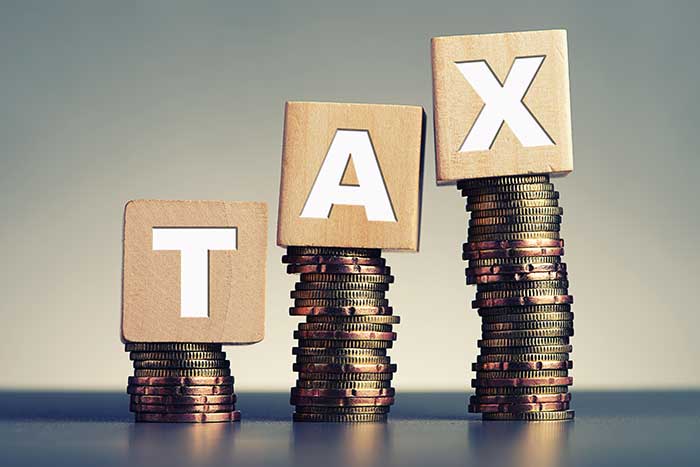Researchers even found that simply asking nicely for tax payments yields results.
In the developing world, tax compliance is “extraordinarily low” and countries generally only collect between 10%-20% of GDP in taxes, compared with 40% in high-income countries, the report pointed out.
The study focused on three countries with poor records on collecting tax: Guatemala, Poland and Kosovo.
“In each country the results were dramatic,” said the World Bank. “Straightforward adjustments in the words tax collectors employed to ask for payment, and how they followed up, led to significant increases in the number of people and businesses that declared and paid taxes.”
In Guatemala, only around 65% of those eligible to pay taxes between 2011 and 2015 did so, and revenues made up just 12% of GDP – less than half the regional average.
Nearly two-thirds of people in Poland failed to pay tax in 2015 (the year before the experiment began), and Kosovo, where the government relies on tax collection for 85% of its revenue, collected just 14% of its GDP between 2011 and 2017.
In each country and among different recipients in each country, the messages given to the public varied.
“Some letters reminded recipients that most people do pay their taxes,” the World Bank said.
“Others spoke to patriotism, or how much their country needs payments to provide health and security for its citizens.”
In Guatemala and Kosovo, these appeals worked, while in Poland the best results were generated by sending letters warning of the consequences of non-payment.
Guatemalan taxpayers who received the new communications paid four-times more in taxes in the first year than those who did not, and these gains were sustained over time.
In Poland, payments from the 150,000 recipients rose by 20.8%.
“Tax administration staff, particularly the information technology departments, learned to identify the potential of using data to answer important questions about tax compliance,” said the World Bank.
“The trials also helped authorities understand how small changes in their actions, particularly in how they communicate with taxpayers, can have a meaningful impact on the behaviour of individuals and, subsequently, on the outcomes that are important to them.”














